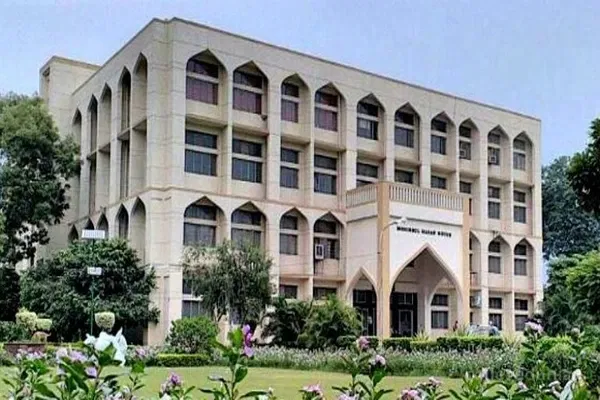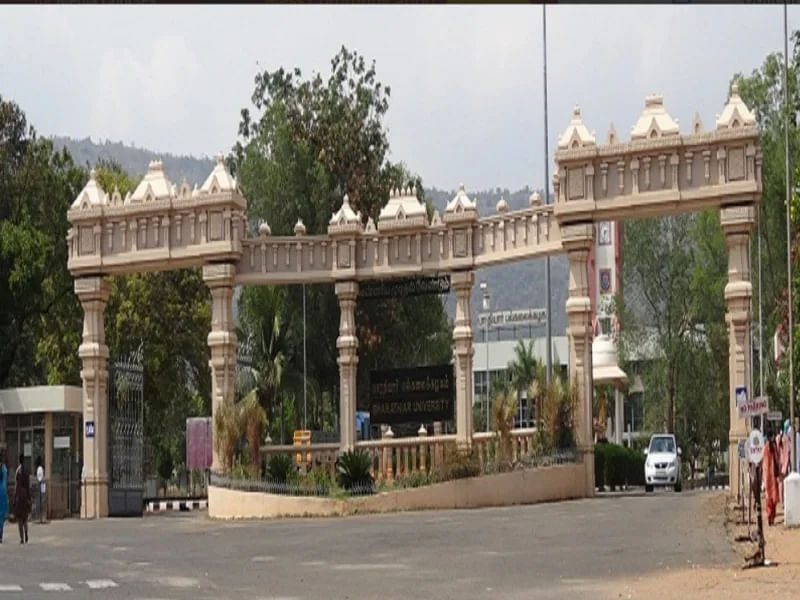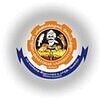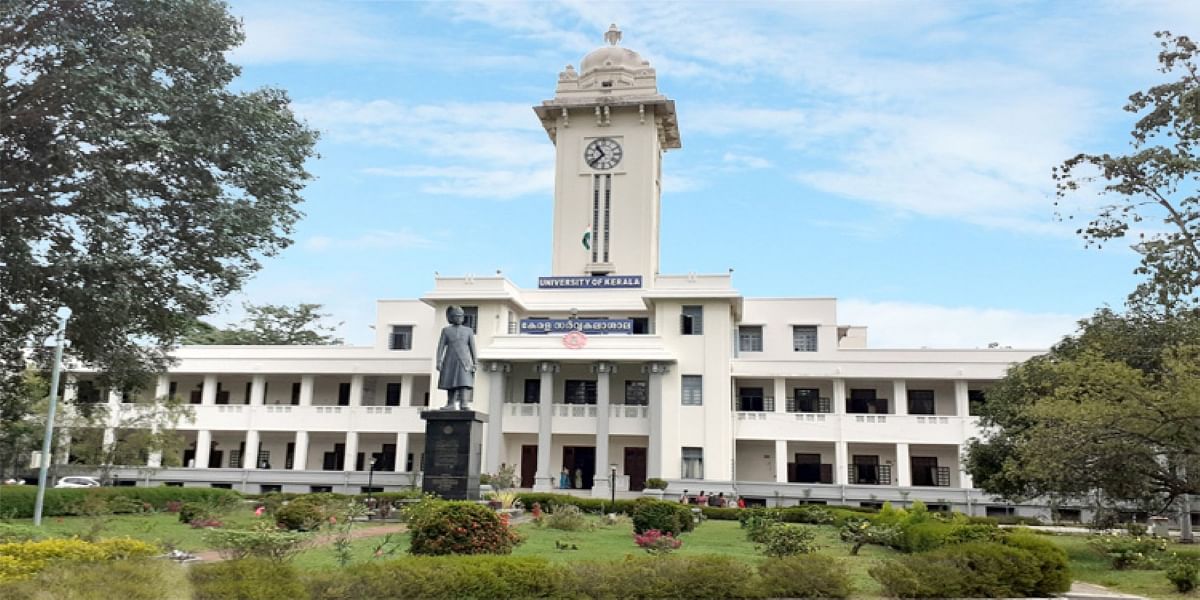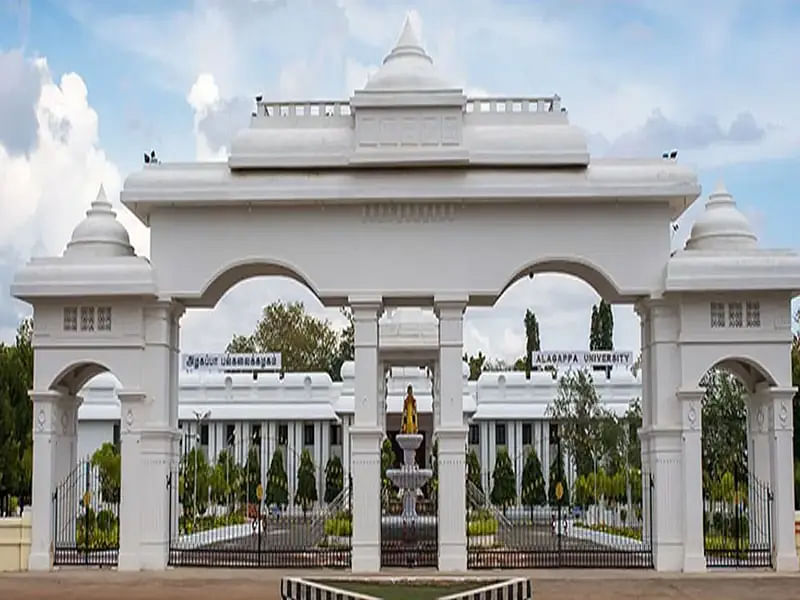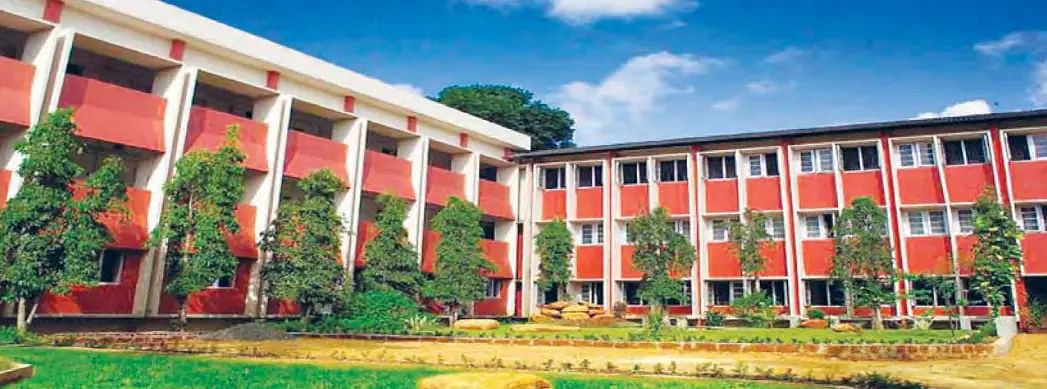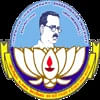B.Voc Subjects and Syllabus

The B.Voc course syllabus and subjects deal with preparing students to become technicians or to take up employment as craftspeople or artisans with covering topics such as economics, business, management, finance, aptitude, mathematics, entrepreneurship, etc. B.Voc job scope has a extensive range of job roles from computer operator, business development manager to home economist in both private and public sectors.
Semester Wise B.Voc Syllabus
B.Voc course syllabus has been designed to train students with the objective of preparing for industry-based learning and techniques. It covers a wide range of vocational studies concepts that are further divided into a few specializations. Students take courses related to vocational studies as part of the curriculum. Elective courses provide specialized knowledge and skills in the use of advanced production techniques. Students who are interested in developing their skills can earn a Bachelor of Vocational Studies degree that meets their educational and career goals.
The B.Voc course emphasizes recent development in production management. The B.Voc syllabus can be downloaded from the website in PDF format. The following is a list of semester-wise Bachelor of Vocational Studies syllabi:
B.Voc First Year Syllabus
|
Semester I |
Semester II |
| Effective English Skills | Effective English Skills |
| Effective Hindi or French Skills | Effective Hindi or French Skills |
| Human Rights | Environment Studies |
| Indian Culture & Philosophy | Innovation in Science |
| Skills Component | Skills Component |
| Computer Basics & Networking | DBMS/SQL |
| C++ Programming | Advanced Excel |
| MS Office | Tally |
| Financial Maths & Accounting | Java Programming |
B.Voc Second Year Syllabus
|
Semester III |
Semester IV |
| Media Studies & Cinema | Media Studies & Cinema |
| Social Analysis | Social Analysis |
| Economic Analysis | Economic Analysis |
| Giving Voice to Values | Political Analysis |
| Skills Component | Skills Component |
| HTML & CSS | PHP & MySQL |
| Coreldraw / Photoshop | Animation using Maya / other Software Systems |
| Advanced SQL with Oracle | Open Source Platforms [Linux, RoR] |
| Javascript, JQuery | Mobile Development using Android |
B.Voc Third Year Syllabus
|
Semester V |
Semester VI |
| Popular Culture | Popular Culture |
| Entrepreneurship | Entrepreneurship |
| Political Analysis | Business Ethics |
| Psychology | Principles of Financial Accounting |
| Skills Component | Skills Component |
| Software Testing | DOTNET Technologies |
| SAP - I | SAP - II |
| Project - I | Project - II |
B.Voc Course Subjects
B.Voc Subjects permit students to learn vocational studies to help other businesses and companies grow and develop technology tools for technological advancement. B.Voc subjects are considered among the most prestigious in the field. The Bachelor of Vocational Studies undergraduate program provides students with a thorough understanding of skills and techniques used in industries.
Bachelor of Vocational Studies topics include economics, business, management, finance, aptitude, mathematics, entrepreneurship, etc. B.Voc semester-wise subjects have been designed to improve the students’ understanding of the overall subject and build their overall knowledge. To better understand advanced techniques-related topics, the B.Voc syllabus includes both classroom-based instruction and practical lab sessions. The curriculum consists of both core and elective subjects to make the three-year program more flexible.
The following lists of subjects are part of the Bachelor of Vocational Studies:
- Managerial Economics
- Environmental Studies
- Business Statistics
- Management Information Systems
- Financial Accounting
- Principles of Management
- Human Resource Development
- Aptitude & Logical Reasoning
- Mathematics
- Business Informatics
B.Voc Core Subjects
Given below are the core essential subjects that students need to learn:
- Web Designing Lab
- Concept of Data Mining
- Data Structure Lab
- Java Programming
- Computer Hardware Lab
- Principles of Interior Design and Interior Consultation
- Soft Skill and Personality Development Lab
- Landscaping and Interior Scape
- Indian Economy and Social Changes
- 2D 3D Cad Drawing
B.Voc Elective Subjects
Given below are the B.Voc Elective subjects students can choose from:
- B.Voc in Logistics Management
- B.Voc in Software Development
- B.Voc in Banking and Finance
- B.Voc in Retail Management
- B.Voc in Food Processing
B.Voc Course Structure
The B.Voc course is further divided into a number of core and elective subjects. The course lasts three years, divided into six semesters. Students are introduced to basic fundamental subjects in the first year. In the second year, students study specific subjects related to their specializations. Additionally, lab sessions enhance the understanding of theoretical concepts.
The Bachelor of Vocational Studies curriculum exposes students to economics, business, management, finance, aptitude, mathematics, and entrepreneurship. BVoc courses prepare students for increased career responsibilities, including various specializations. To gain both theoretical and practical skills, students are required to complete a research project at the end of the sixth semester. The course structure is as follows:
- VI Semesters
- Core Subjects
- Elective Subjects
- Practical Workshops
- Project/Thesis Submission
B.Voc Teaching Methodology and Techniques
The B.Voc course curriculum incorporates various teaching methods in the field of Vocational Studies with new technologies. Students are also trained in elective subjects of various specializations in addition to lectures and practical learning. In addition to core subjects, universities and colleges encourage students to do internships and training in their fields of specialization. Students will learn industry-based skills through the teaching methodology. Instead of following traditional teaching methods, students prefer learning industry techniques through developing technologies. The following teaching methodologies are used in general:
- Traditional Classroom Teaching Method
- Research Projects
- Problem Solving Approach
- Computer Assisted Learning
- Brainstorming
- Audio Visuals
- Virtual Lab Exercises
- Discussion Method
- Industrial Visit
- Seminars
B.Voc Projects
Bachelor of Vocational Studies students complete course research projects to gain experience in industry project management. Students will gain an understanding of what factors influence research project success as well as the tools required to implement such strategies. The B.Voc projects provide students with hands-on experience and training in an industrial environment. The research projects must be completed by the end of the sixth semester. A few popular B.Voc research projects are listed below:
- Vocational Education Improvement Projects
- Managerial Skills in Vocational Education Curriculum Development
- Special Vocational Needs Education Support Program
- Bilingual Vocational Education
- A Guide for Vocational Energy Education: Resources, Key People, Classroom Materials, Oregon Vocational Energy Educational Project
- Women in Vocational Education
- Vocational Education for Youth and Adults with Special Needs
- Assessing the status of Women Students and Employees in Vocational Education in California.
- Development of an Instrument for prescribing Compensatory Education for Vocational Trainees.
- Focus on the Future of Vocational Education & Training: Scenario Planning
B.Voc Course Reference Books
B.Voc books are available both online and in-stores, including a variety of titles and publishers. The B.Voc books cover all major topics as well as background information on various vocational fields. The purpose of reference books is to clarify concepts and they are also available online in PDF format. Depending on the edition, a student’s Bachelor of Vocational Studies course books may differ. After proper research, students should invest in reference books. The following books are excellent references for B.Voc:
|
Name of the Books |
Authors |
|
Effective Communication Skills |
Dr Kul Bhushan Kumar, R. S. Salaria |
|
Business Communications: Including Technical communication |
Varinder Bhatia |
|
Engineering Chemistry: Concepts in Chemistry for Engineering |
Satya Prakash, Manish Agarwal |
|
Engineering Chemistry |
Saiful Islam, Ayesha Khan |
|
Applied Mathematics - I |
J. K. Tyagi, S. K. Tyagi |
|
Environmental Studies |
M. P. Poonia & S.C. Sharma |
|
Basic Electrical Engineering |
Ritu Sahdev |
|
Basic Electronics |
S. Biswas |
|
IT Tools |
R.K. Jain |
|
Information Security & Cyber Laws |
Sarika Gupta |


